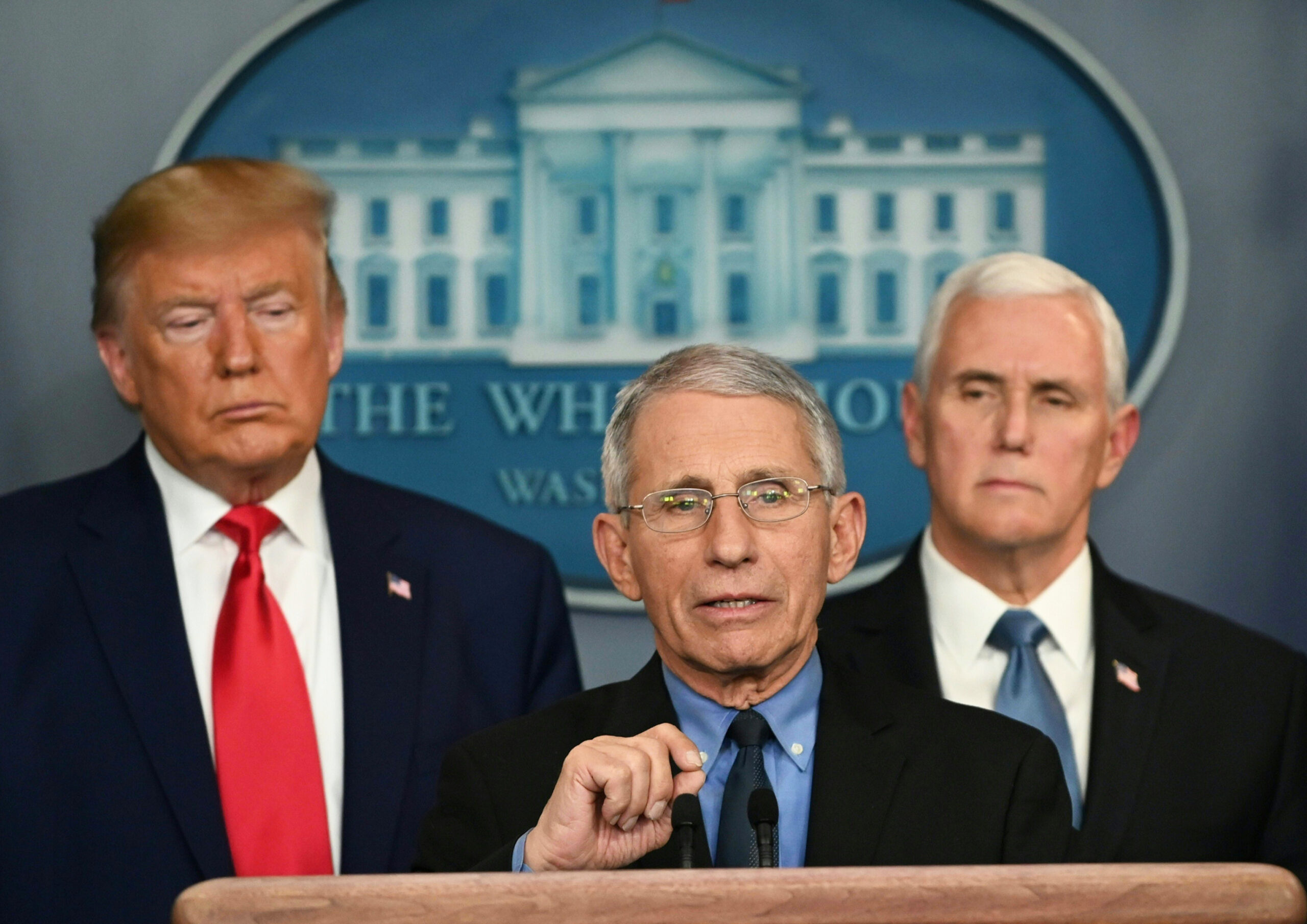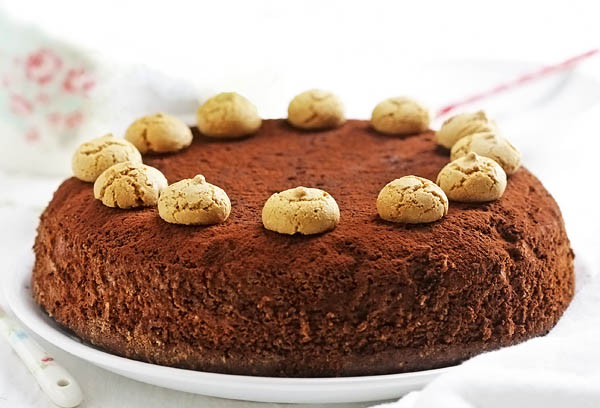During recent Congressional discussions about the coronavirus, the one individual was continually quoted and his work cited. As the nation’s leading expert on infectious diseases, his knowledge and expertise have made him world-renowned within the field of immunology. It is a field of medicine that receives little attention by the press or awareness by the public, that is, until a crisis emerges. His name is Dr. Anthony Fauci, head of the National Institute of Allergy and Infectious Diseases (NIAID) and a member of the Coronavirus Task Force formed by President Trump in late January.
Dr. Fauci’s extensive background in treating infectious diseases led to him being appointed to the task force, which is charged with leading the U.S. government’s response to the novel 2019 coronavirus and keeping President Trump aware of new developments.
His credibility within the medical community prompted U.S. Senators to request that he become the face of the federal government’s response to the coronavirus. Dr. Fauci has the ability to explain the science and reality of infectious diseases in a way that makes sense. Additionally, his findings and recommendations are beyond reproach. He applauded the President’s decision to ban travel to China early on in the outbreak, calling it “the right move” and recently said “we can’t be doing the kinds of things we were doing a few months ago.”
The decision by the President, described as a kneejerk response by some politicians and news pundits, looks inspired today. How many Americans would have brought the virus back? What areas of America would have suffered an outbreak? How many lives would have been lost? It is impossible to calculate what failure to make that decision might have cost our nation.
When listening to Dr. Fauci, one immediately recognizes that he has a gift for removing the veil that can cover or distort medical facts. He states what he knows and what is not yet known. Dr. Fauci does so with a casual sincerity that makes you wish that every physician had his bedside manner, whether it is in front of the Senate or millions of television viewers. If the doctor has bad news, he tells you what it is, what it means and what needs to be done about it. That is exactly what this nation needs at this time. It is why Dr. Fauci is one of the few people on this planet that the entire U.S. Congress is in agreement about. He places the severity of diseases in context, a critical element for both politicians and the public alike.
As the coronavirus has continued to spread, Dr. Fauci has testified regularly to Congress about the emerging threat. He is highly respected, so much so that he received the Presidential Medal of Freedom in 2008, the highest honor awarded a civilian by the President of the United States. When Dr. Fauci appeared at a recent White House news briefing to provide an update on the virus and relay suggestions to the American people, he warned about attending large-scale gatherings in the United States. Cases reported in this country had just reached 1,000, with the virus reported in 38 states. He also referenced recent guidelines made by the White House, advising people to clean their hands regularly and avoid handshakes, while making habits like covering coughs and sneezes and refraining from touching your face. These may sound like simple things, but they can make a big difference.
As head of the NIAID since 1984, Dr. Fauci has advised six former presidents on the threat of HIV/AIDS and played a central role in the research of disease outbreaks. He has made innumerable contributions to research and his portfolio at the agency includes the treatment of various immune-mediated and infectious diseases, including respiratory infections, tuberculosis and malaria, as well as emerging diseases such as Ebola and Zika. Such is the wealth of research and writing that he has bestowed upon the medical community that out of more than two million authors in the field of immunology, he is ranked eighth in the number of articles written. He is also the 41st most cited researcher of all time. That is not just in medicine – that is in everything. He is in the top-10 of most often cited scientists in the world. He is a pioneer in the field of immunoregulation, with his observations serving as the basis for the current understanding of the regulation of the human immune response.
Anthony Stephen Fauci was born on December 24, 1940, in Brooklyn, New York. His father, Stephen A. Fauci was a pharmacist and owned the neighborhood pharmacy at 13th Avenue and 83rd Street in Brooklyn, where his mother, Eugenia and older sister, Denise worked the register. Dr. Fauci, then simply called Tony, delivered prescriptions by bicycle. The family lived in an apartment above the pharmacy.
His maternal grandparents were from Naples. His grandfather, Giovanni Abys, was a commercial artist and his grandmother, Raffaela (Trematerra) was a seamstress. His paternal grandparents were from Sciacca, Sicily. His grandfather, Antonino Fauci, was from a family who ran a hot springs spa. In Sciacca, he met and married Coligera Guardino. Both sets of grandparents immigrated to New York City via Ellis Island at the turn of the 20th century and settled in lower Manhattan’s Little Italy.
In 1958, Tony Fauci entered Regis High School on the Upper East Side of Manhattan. During those formative years, the Jesuits instilled in him two ideals – precision of thought and economy of expression. These are qualities that he is known for today and instills in the people who work with him. Tony graduated among the top in his class and in 1958 entered Holy Cross in Worcester, Massachusetts, where the strong Jesuit influence continued. His undergraduate work mixed classics and philosophy with pre-med courses. This broad academic background groomed the future Dr. Fauci for his destiny as an outstanding physician, scientist, educator, humanitarian and public health leader.
During college summers, Tony worked on construction crews. Before his final year at Holy Cross he labored on a crew building a new library at Cornell Medical College at 69th Street and York Avenue in Manhattan. The next year, he entered the medical school as a student, graduating first in his class in 1966. He was soon called for military service and due to his medical training, was sent to the National Institutes of Health (NIH). He became a clinical associate at the National Institute of Allergy and Infectious Diseases (NIAID), where he completed his training in infectious diseases and allergy/immunology. He then served as Chief Resident at the New York Hospital Cornell Medical Center, returning to the NIH in July 1971, where he began his extensive and uninterrupted career in public service, serving continuously in the government.
A transforming year for the field of infectious diseases was 1981, which had an extraordinary impact on global health. Dr. Fauci quickly decided to shift the focus of his laboratory to study what would soon be called the Acquired Immunodeficiency Syndrome, or AIDS, a term he helped coin. That was the beginning of his now historic studies on the pathophysiology of the disease.
Dr. Fauci played a significant role in the early 2000s in creating the President’s Emergency Plan for AIDS Relief and in driving development of biodefense drugs and vaccines following the 9/11 terrorist attacks. He has also developed therapies for formerly fatal diseases. A 1985 Stanford University Arthritis Center Survey of the American Rheumatism Association membership ranked Dr. Fauci’s work on the treatment of polyarteritis nodosa and granulomatosis with polyangiitis as one of the most important advances in patient management in rheumatology over the previous 20 years. This is even more remarkable when one considers that Dr. Fauci is not a rheumatologist.
Dr. Fauci met Christine Grady when she was a nurse at the NIH Clinical Center in 1983. They married two years later. Christine has gone on to build her own important career as one of the leading bioethicists in the world specializing on issues related to clinical research. The couple has three daughters, Jennifer, Megan and Alison. Dr. Fauci has been a visiting professor at many medical centers and has received 30 honorary doctorate degrees from universities in the United States and abroad.
Now Dr. Fauci is leading the Trump Administration’s efforts to monitor, contain and mitigate the spread of the coronavirus, while making sure the American people have up-to-date health and travel information. America is in very capable hands.





